The Ultimate Guide To Companion Planting Peppers For A Bountiful Harvest
The Ultimate Guide to Companion Planting Peppers for a Bountiful Harvest
Pepper plants are a delicious and versatile addition to any garden. But did you know that you can get even more out of your pepper harvest by companion planting?
Companion planting is the practice of planting certain plants together to benefit each other. Some plants attract beneficial insects, while others help to deter pests. Some plants improve the soil quality, while others provide shade or support.
By planting the right companion plants with your peppers, you can boost your harvest, improve the health of your plants, and reduce the need for pesticides.
In this guide, we'll discuss the benefits of companion planting peppers, and we'll recommend some of the best companion plants for peppers. We'll also cover some of the plants that you should avoid planting near your peppers.
Benefits of Companion Planting Peppers
There are many benefits to companion planting peppers. Some of the most notable benefits include:
- Increased yields: Companion planting can help to increase the yields of your pepper plants. This is because some companion plants attract beneficial insects, which help to pollinate the flowers and control pests.
- Improved plant health: Companion planting can also help to improve the health of your pepper plants. Some companion plants help to improve the soil quality, which can lead to healthier plants.
- Reduced pest pressure: Companion planting can help to reduce the pest pressure on your pepper plants. Some companion plants release chemicals that deter pests, while others simply provide shade or support that makes it more difficult for pests to attack the plants.
- Less need for pesticides: If you companion plant correctly, you may be able to reduce or even eliminate the need for pesticides in your pepper garden. This is a great way to protect the environment and your own health.
Best Companion Plants for Peppers
There are many different companion plants that can be beneficial for peppers. Some of the best companion plants for peppers include:
- Beans and peas: Beans and peas are legumes, which means that they can fix nitrogen in the soil. This is a great way to improve the soil quality for your pepper plants.
- Carrots: Carrots help to repel pests, such as aphids and beetles. They also provide some organic matter to help keep the soil healthy.
- Cilantro: Cilantro helps to deter pests, such as aphids and beetles. It also provides nectar that attracts pollinators, which can help to increase the yields of your pepper plants.
- Dill: Dill helps to attract beneficial insects, such as ladybugs and lacewings. These insects help to control pests, such as aphids and caterpillars.
- Fennel: Fennel helps to attract beneficial insects, such as ladybugs and lacewings. It also helps to repel pests, such as mosquitoes and flies.
- Nasturtiums: Nasturtiums help to attract beneficial insects, such as ladybugs and lacewings. They also help to deter pests, such as aphids and mosquitoes.
- Spinach: Spinach helps to improve the soil quality for your pepper plants. It also provides some shade and support, which can help to protect the plants from pests.
Plants to Avoid Planting Near Peppers
There are a few plants that you should avoid planting near peppers. These plants include:
- Brassicas: Brassicas, such as broccoli, cabbage, and cauliflower, can stunt the growth of pepper plants.
- Eggplants: Eggplants can compete with pepper plants for water and nutrients.
- Potatoes: Potatoes can harbor pests that can also attack pepper plants.
Conclusion
Companion planting is a great way to boost your pepper harvest, improve the health of your plants, and reduce the need for pesticides. By planting the right companion plants with your peppers, you can reap the rewards of a bountiful harvest.
Growing peppers is a rewarding experience, but it can also be challenging. One way to improve your chances of success is to choose the right companion plants. Companion planting is the practice of planting certain types of plants together to benefit each other. There are many different companion plants that can be beneficial for peppers, but some of the best include:
- Basil: Basil is a classic companion plant for peppers, and for good reason. It helps to repel pests like aphids and spider mites, and it also improves the flavor of peppers.
- Cilantro: Cilantro is another great companion plant for peppers. It helps to attract beneficial insects like ladybugs and lacewings, which help to control pests.
- Onions: Onions help to repel nematodes, which are a common pest of peppers. They also help to improve the flavor of peppers.
- Garlic: Garlic has similar benefits to onions, and it also helps to repel aphids and spider mites.
- Marigolds: Marigolds help to attract beneficial insects like ladybugs and lacewings, which help to control pests. They also help to improve the drainage of the soil around peppers.
If you're looking for more information about companion planting for peppers, I recommend visiting Gardenia Inspiration. This website has a wealth of information on the topic, including a list of the best companion plants for peppers, as well as tips on how to plant and care for them.
FAQ of best companion plants for peppers
Q: What are the best companion plants for peppers?
A: Some of the best companion plants for peppers include:
- Basil: Basil is a natural insect repellent that can help to protect peppers from pests such as aphids, spider mites, and mosquitoes. It is also thought to improve the flavor of peppers.

- Onions: Onions release sulfur compounds that can help to deter pests such as root knot nematodes and cabbage loopers. They can also help to improve the flavor of peppers.
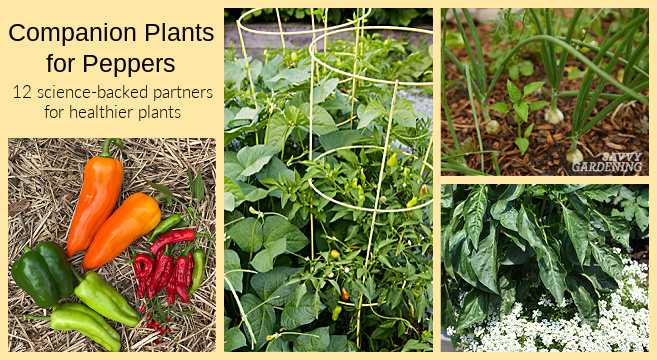
- Spinach: Spinach is a nitrogen-fixing plant that can help to improve the soil quality for peppers. It can also help to shade the soil, which can help to keep the roots of peppers cool.

- Tomatoes: Tomatoes and peppers are both members of the nightshade family, and they can benefit from being planted together. Tomatoes can help to attract pollinators, which can help to improve the pollination of peppers.
- Marigolds: Marigolds are another natural insect repellent that can help to protect peppers from pests such as aphids, whiteflies, and beetles. They can also help to improve the drainage of the soil, which can be beneficial for peppers.
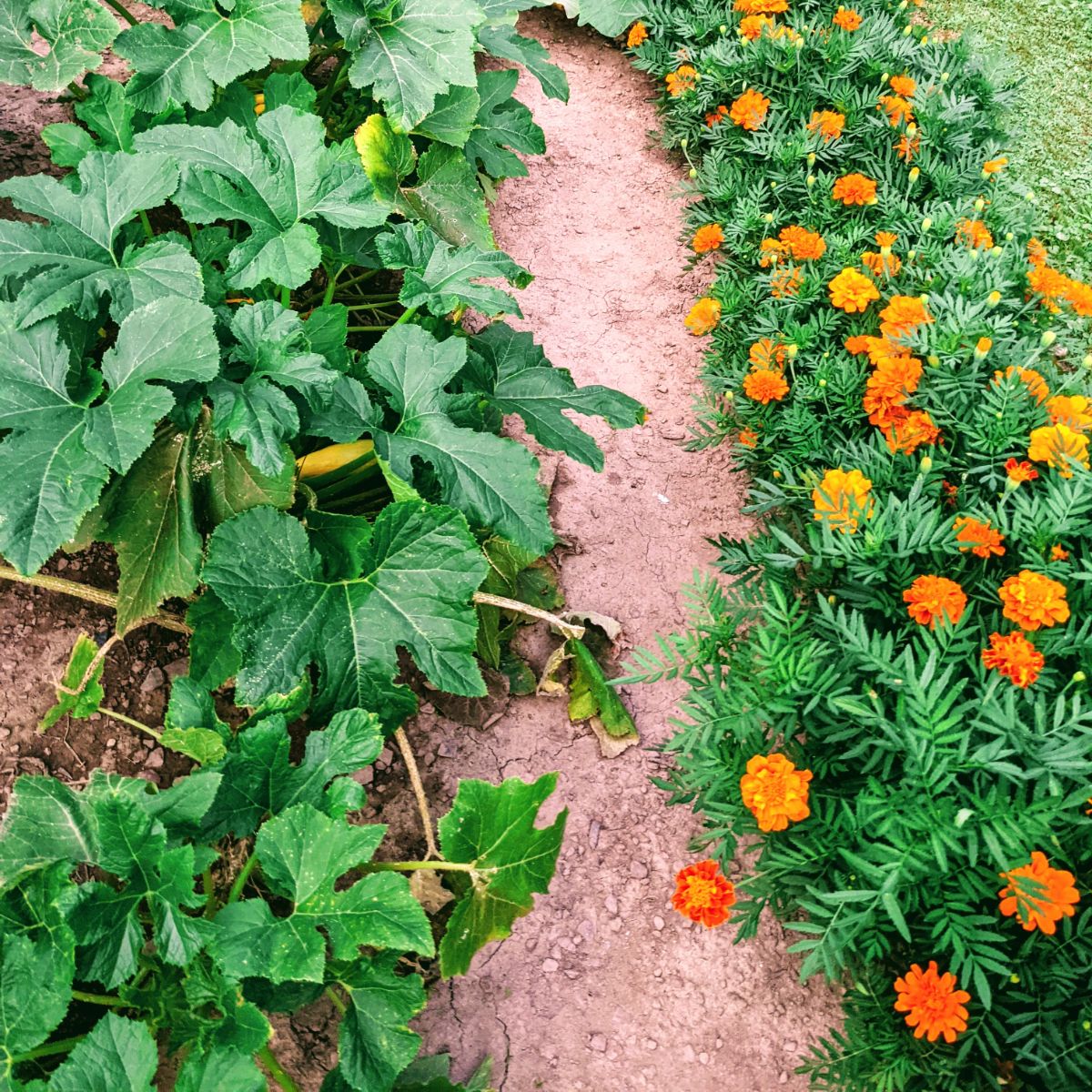
Q: What are some plants that should not be planted near peppers?
A: Some plants that should not be planted near peppers include:
- Beans: Beans can compete with peppers for nutrients and water.
- Cucumbers: Cucumbers can attract the same pests as peppers, so planting them together can increase the risk of pest infestation.
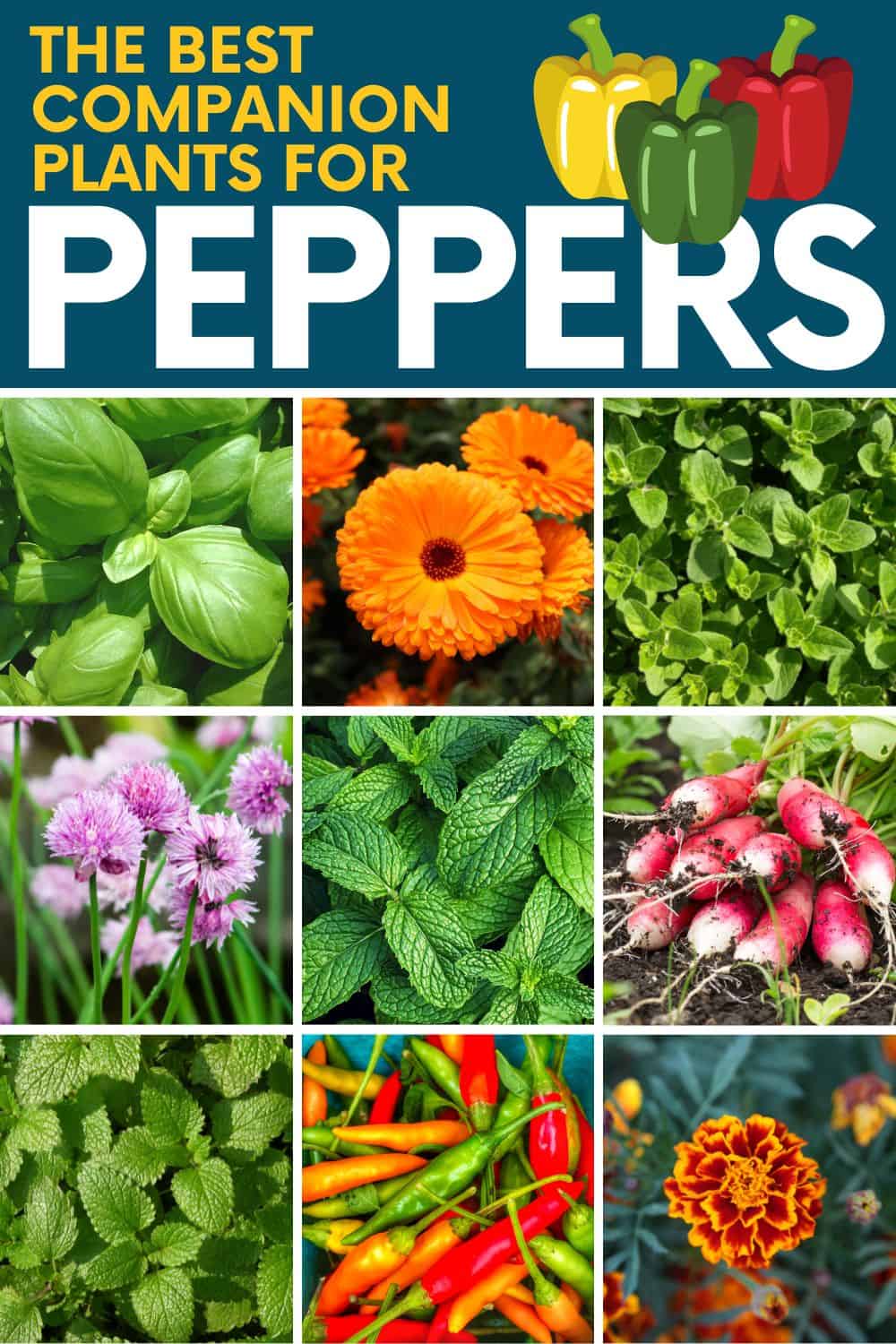
- Melons: Melons can attract the same pests as peppers, so planting them together can increase the risk of pest infestation.
- Potatoes: Potatoes can release a toxin that can stunt the growth of peppers.
- Squash: Squash can compete with peppers for nutrients and water.

Q: How can I use companion planting to improve the growth and flavor of my peppers?
A: There are a few things you can do to use companion planting to improve the growth and flavor of your peppers:
- Choose the right companion plants: When choosing companion plants for peppers, it is important to choose plants that will benefit each other. Some good examples of companion plants for peppers include basil, onions, spinach, tomatoes, and marigolds.
- Plant companion plants in the right location: When planting companion plants, it is important to plant them in the right location. For example, basil should be planted near peppers, but beans should not be planted near peppers.
- Space companion plants correctly: When planting companion plants, it is important to space them correctly. This will help to ensure that they have enough room to grow and thrive.
- Water and fertilize companion plants regularly: Just like peppers, companion plants need water and fertilizer to grow and thrive. Be sure to water and fertilize companion plants regularly, especially during hot, dry weather.
Q: What are some other benefits of companion planting?
A: In addition to helping to improve the growth and flavor of peppers, companion planting can also offer a number of other benefits, including:
- Attracting beneficial insects: Companion plants can attract beneficial insects, such as ladybugs and lacewings, which can help to control pests.
- Improving soil quality: Companion plants can help to improve soil quality by fixing nitrogen, adding organic matter, and suppressing weeds.
- Distracting pests: Companion plants can distract pests, which can help to protect peppers from being eaten.
- Creating a more attractive garden: Companion planting can create a more attractive garden by adding variety and interest.
Image of best companion plants for peppers
- Alyssum: This beautiful, hardy plant produces lots of tiny flowers that attract pollinators. It also helps to repel pests like aphids and whiteflies.

- Basil: This aromatic herb is a fantastic companion for peppers. It helps to improve the flavor of peppers and also helps to repel pests.

- Beetroot: This low-footprint crop is a good companion for peppers. It helps to suppress weeds and also helps to improve the soil.
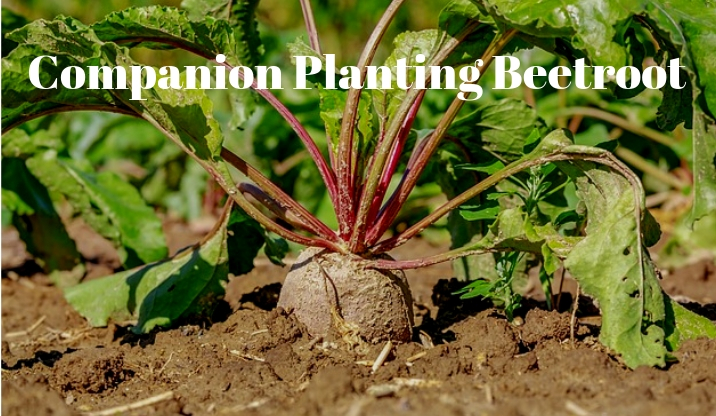
- Brussels sprouts: These cabbage-like vegetables are a good companion for peppers. They help to deter pests and also help to improve the soil.
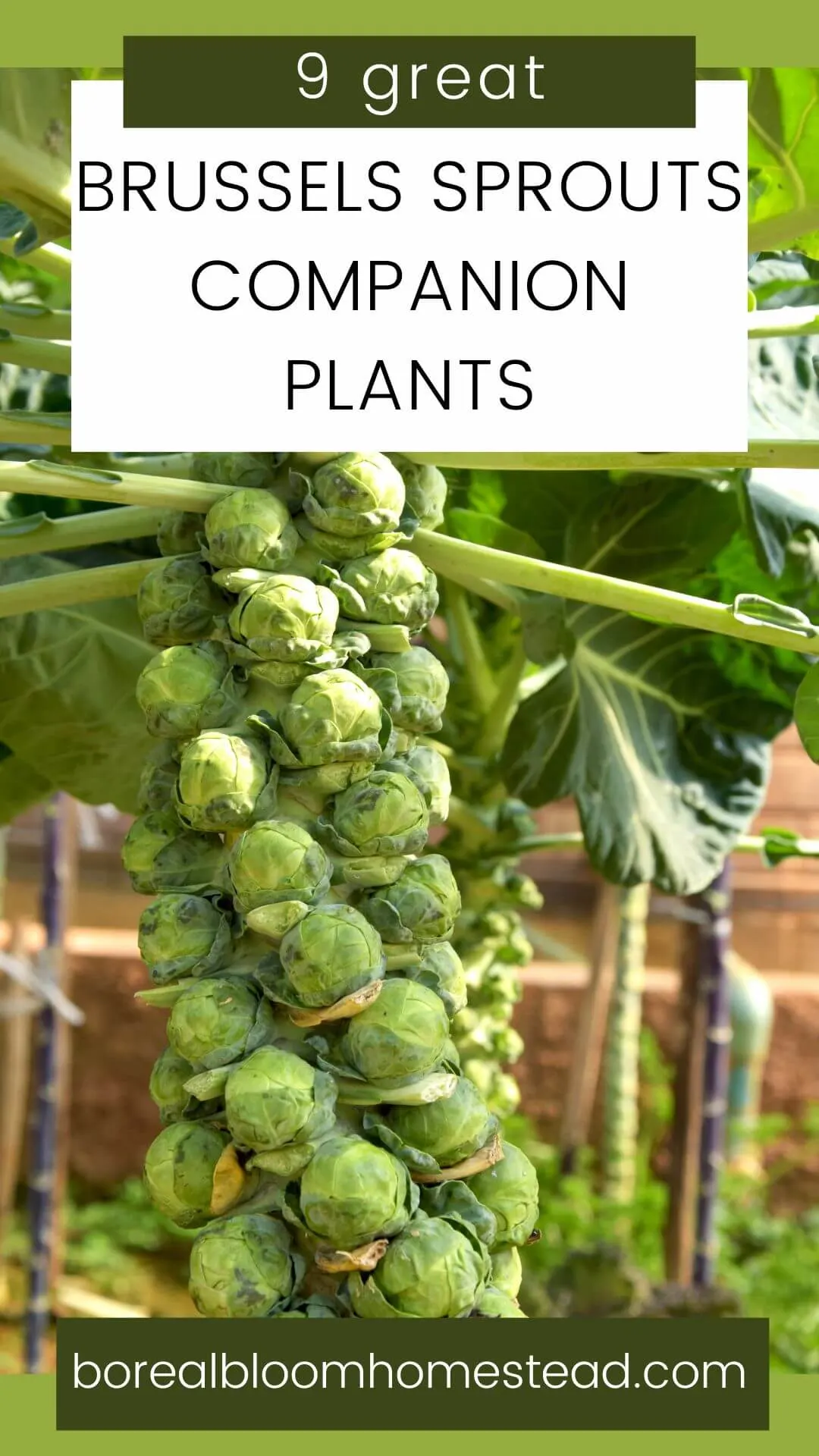
- Chives: These flavorful herbs help to repel pests and also help to improve the flavor of peppers.

Post a Comment for "The Ultimate Guide To Companion Planting Peppers For A Bountiful Harvest"